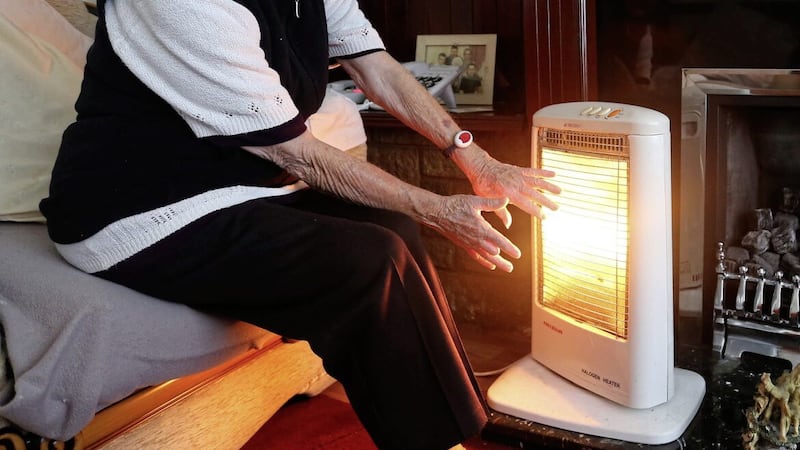KWASI Kwarteng has laid out plans for the biggest tax cut in 50 years.
The chancellor's fiscal event, billed as a mini-budget despite turning out to contain billions in tax cuts, went even further than the tax-cutting bonanza announced by Margaret Thatcher's chancellor Nigel Lawson in 1988.
In a raft of major financial announcements, Mr Kwarteng brought forward the planned cut to the basic rate of income tax to 19p in the pound a year early to April and reduced stamp duty for home-buyers.
He also said he would abolish the top rate of income tax for the highest earners, a surprise move in a budget announcement centred around a bid to turn the UK's sluggish growth around.
But critics are seeing the statement, made over just 26 minutes in an unusual morning presentation to the Commons, as a major gamble to drive up growth during a cost-of-living crisis.
Using more than £70 billion of increased borrowing, Mr Kwarteng argued that tax cuts are "central to solving the riddle of growth" as he confirmed plans to axe the cap on bankers' bonuses while adding restrictions to the welfare system.
Treasury estimates put the measures, including Liz Truss's promises to reverse the national insurance rise and axe the hike to corporation tax, as costing nearly £45 billion a year by 2026.
From April, the 660,000 earners getting more than £150,000 a year will no longer pay the top income tax rate of 45 per cent and will instead pay the 40 per cent applicable to those on more than £50,271.
Mr Kwarteng argued his economic vision will "turn the vicious cycle of stagnation into a virtuous cycle of growth".
But opponents insist his statement delivers for the wealthy rather than ordinary workers, families and small businesses.
Stormont finance minister Conor Murphy said: “It beggars belief that he has chosen to announce tax breaks for the super-wealthy instead of supporting the working poor who are struggling to heat their homes and feed their families.
“What we needed was a tax break for small businesses struggling with rising costs, and an increase in funding for public services and support for public sector workers who carried us through the pandemic. Instead, he has announced tax breaks for the super-wealthy and no extra funding for public services."
And SDLP leader Colum Eastwood insisted: “These plans show just how detached this government is from the desperate situation families are facing and takes no steps to help people heat their homes and put food on the table this winter.
“A decision to remove the cap on bankers’ bonuses at a time when many people’s salaries don’t cover their basic necessities is vulgar in the extreme."
The pound dived to another fresh 37-year low as traders swallowed the cost of the Chancellor's latest package and potential impact on Government borrowing.
The major spending package included:
:: Cuts to stamp duty meaning the exemption level was immediately doubled from £125,000 to £250,000 while the exemption for first-time buyers increased from £300,000 to £425,000
:: An estimate that the two-year energy bills bailout will cost around £60 billion over the first six months from October
:: The introduction of VAT-free shopping for overseas visitors
:: Legislation to force trade unions to put pay offers to a member vote so strikes can only be called once negotiations have fully broken down
:: Confirmation of plans to make around 120,000 more people on Universal Credit take active steps to seek more and better-paid work or face having their benefits reduced.
The package was announced a day after the Bank of England warned the UK may already be in a recession and lifted interest rates to 2.25 per cent, making Government borrowing more expensive than at any point over the past 13 years.
Paul Johnson, the director of the Institute for Fiscal Studies economic think tank, said Mr Kwarteng's "big gamble" will lead to the Bank of England increasing interest rates more than they otherwise would do."
He said: "It worries me more that the government is putting tens of billions into the economy now at a point when inflation is very high, where it might be slowing down in terms of growth but prices are rising very high."


